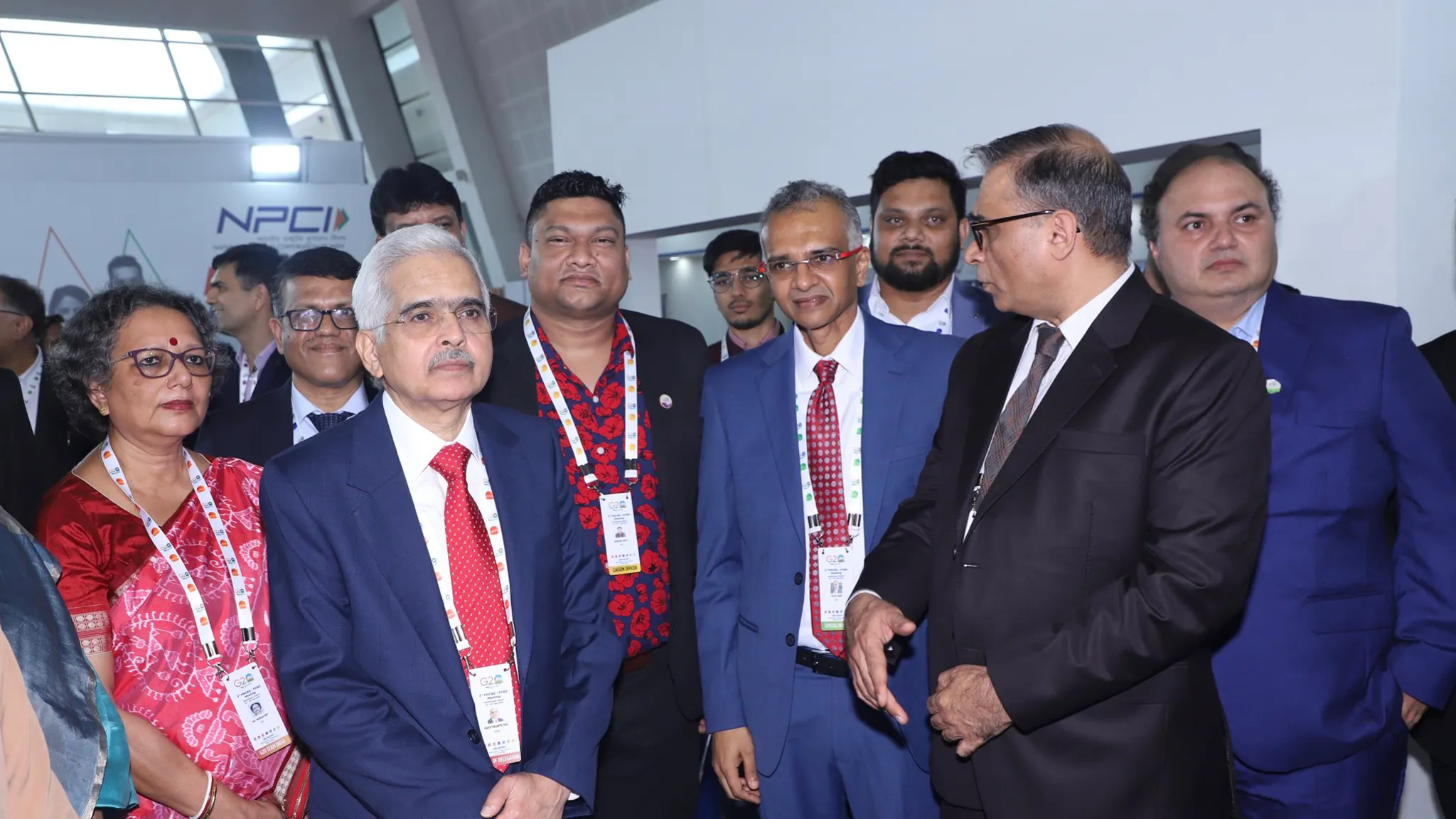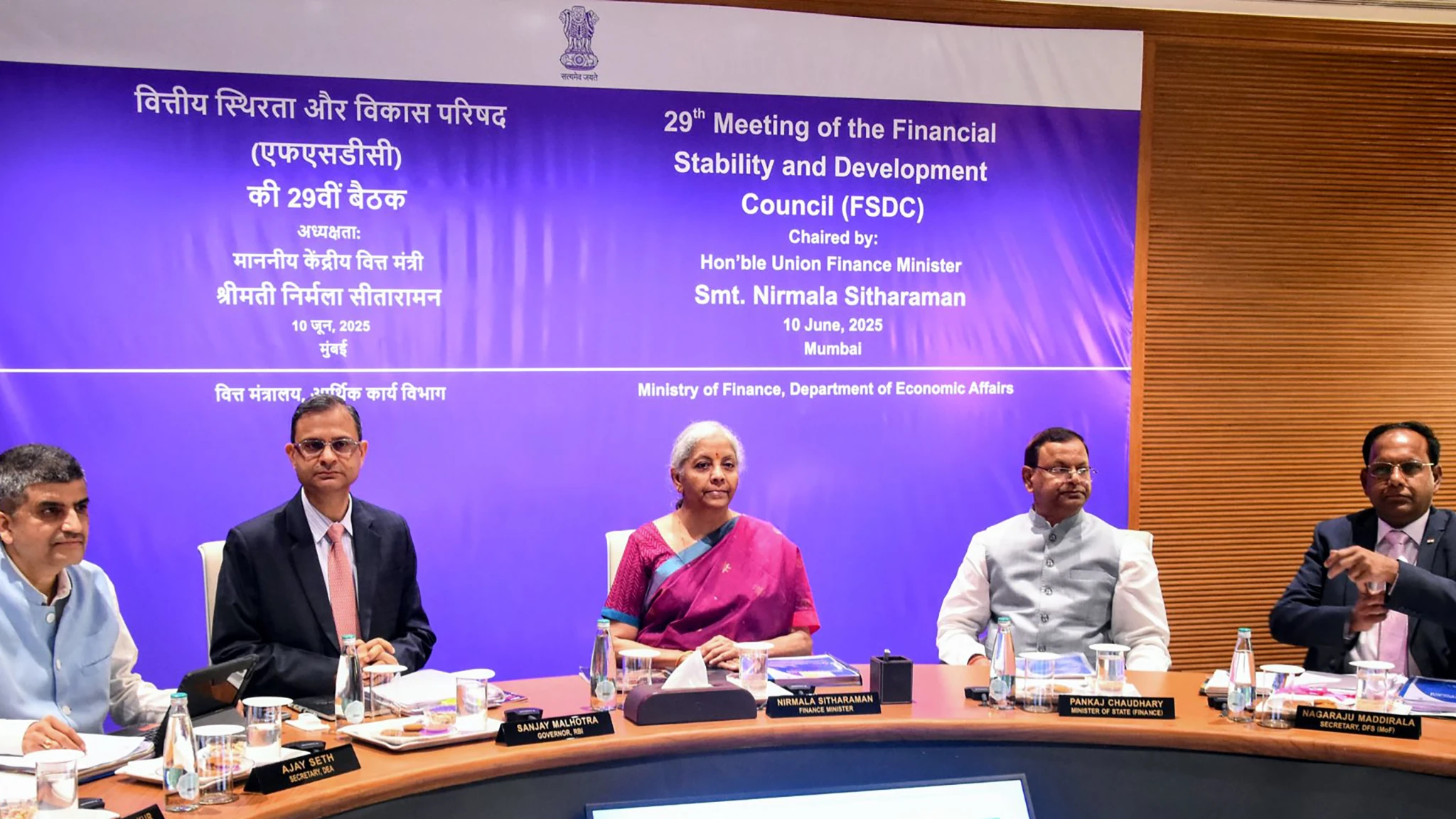If you were following the markets and economy news today, you would know that weight was indeed a central theme. For the Reserve Bank of India (RBI), the weight of food inflation heavily influenced its monetary policy decision to maintain the status quo on interest rates. Governor Shaktikanta Das explicitly stated that the high weight of food in the inflation basket—nearly 46 per cent—is a critical factor that cannot be overlooked.
Food still has heavy weight
Das emphasised that food inflation significantly shapes household inflation perceptions, making it imperative for the central bank to remain vigilant despite easing core inflation. He noted, “The public at large understands inflation more in terms of food inflation than the other components of headline inflation.” This highlights the profound impact of food prices on everyday lives and the RBI’s commitment to addressing this directly. While some economists have argued for targeting core inflation, the RBI’s current stance underscores a pragmatic approach that acknowledges the real-world impact of food costs on the populace. The latest household inflation expectations survey from the RBI corroborates this concern, showing an uptick in expectations primarily driven by food prices.
Fintech’s light shines bright
In a seemingly different sphere, Chief Economic Advisor (CEA) V Anantha Nageswaran spoke at the Global Economic Summit on fintech, highlighting the sector’s potential to positively impact income and wealth creation. Nageswaran pointed out that fintech solutions can be transformative for India, contributing to social stability by enhancing financial inclusion and economic opportunities. He lauded India’s fintech advancements as a global model, particularly in digital lending and wealth-tech, which are projected to reach substantial valuations in the coming years. Despite a recent dip in funding, the long-term outlook for fintech in India remains robust, driven by innovation and a growing base of retail investors.
Opportunity despite challenges
While the RBI’s focus on controlling food inflation and maintaining high interest rates might seem like a dampener for economic activity, it paradoxically presents a unique opportunity for the fintech sector. With traditional financial institutions possibly slowing down lending growth due to the high-rate environment, fintech companies, particularly in digital lending and wealth management, can step in to fill the gap. Their agility and innovative solutions can provide access to credit and investment avenues for a wider population, even as interest rates remain elevated. Moreover, as Nageswaran stressed, financial literacy is crucial. Fintech firms are well-positioned to play a vital role in educating consumers, ensuring that financial inclusion is not just about access but also about informed participation.
The RBI’s cautious stance on inflation, driven by the considerable weight of food prices, suggests that rate cuts are unlikely in the near term. However, for India’s burgeoning fintech sector, this scenario is not a roadblock but rather a landscape ripe with opportunities to innovate responsibly and deepen financial inclusion. The key will be to navigate the regulatory environment and focus on sustainable growth that benefits both businesses and consumers.
Image Courtesy: X (RBI)










Leave a Reply